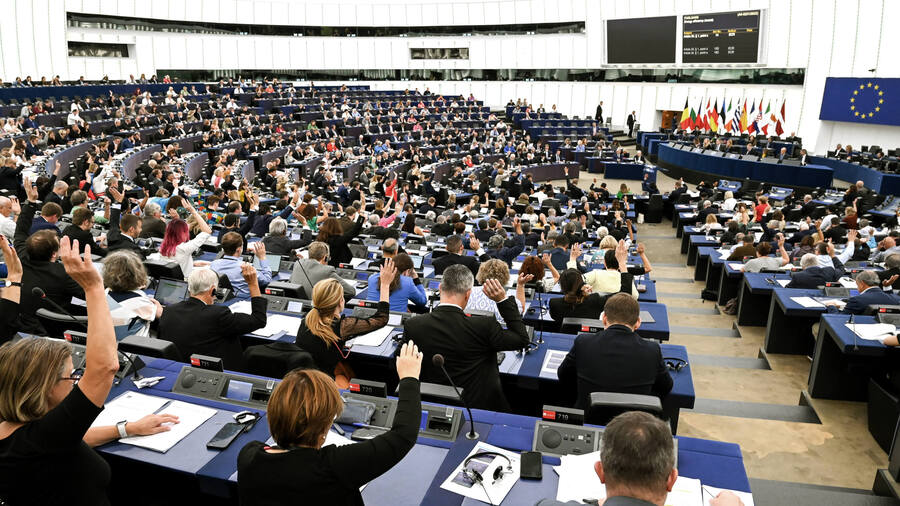|
Getting your Trinity Audio player ready...
|
Leadership and Timeline: Key Players in the AI Act’s Progress
Brando Benifei, an influential lawmaker from Italy and a co-rapporteur of the AI Act in the previous European Parliament, recently announced that the working group should be operational by mid-October. Benifei’s involvement, alongside fellow Members of the European Parliament (MEPs) such as Axel Voss (Germany/EPP) and Alexandra Geese (Germany/Greens-EFA), points to a high level of expertise and diverse perspectives driving the group forward.
Their leadership will be critical as the working group grapples with the challenges of overseeing a highly technical and transformative piece of legislation. In particular, the group will scrutinize delegated acts tied to the AI Act and monitor industry developments in AI technologies. This oversight ensures that the law remains up-to-date and relevant as AI evolves rapidly.
Balancing Legal and Regulatory Interests
One of the key debates during the drafting of the AI Act was which Parliamentary committee should lead in shaping the regulatory framework for AI. The decision to allow IMCO and LIBE to take the reins reflected the broad implications of AI for both the market and civil liberties. However, JURI’s request to join signals a growing recognition of the need for legal oversight in this fast-developing area.
As AI systems continue to permeate various sectors — from healthcare to finance to public services — the role of legal safeguards becomes ever more crucial. JURI’s expertise in legal matters could provide valuable insights into addressing potential regulatory gaps and ensuring that AI technologies respect EU standards for transparency, accountability, and data protection.
Next Steps: Aligning Existing Rules with the AI Act
As the AI Act begins to take effect, the European Commission is already preparing revisions to several existing rules to bring them into alignment with the new legislation. For example, technical aspects of the Medical Device Regulation and the In Vitro Diagnostics Regulation are undergoing revisions to ensure compliance with AI-specific requirements. These efforts underscore the broader regulatory landscape the EU is navigating as it integrates AI into multiple industries.
With the growing complexity of AI-related laws, close collaboration between Parliament, industry, and the European Commission is vital. The AI Act working group will play a pivotal role in these discussions, serving as a platform for stakeholders to share insights, address emerging challenges, and ensure the smooth rollout of the law.
Conclusion: Shaping the Future of AI Regulation in Europe
The European Union’s commitment to regulating artificial intelligence is a testament to the importance of maintaining ethical standards, transparency, and oversight in the digital age. As the AI Act working group prepares to take on its responsibilities, the involvement of multiple Parliamentary committees — including potentially JURI — reflects the multifaceted nature of AI regulation.
With significant regulatory changes on the horizon, the next few months will be crucial for lawmakers, businesses, and consumers alike. The decisions made during this period could shape the future of AI governance in the EU, establishing global precedents for how societies regulate emerging technologies.
